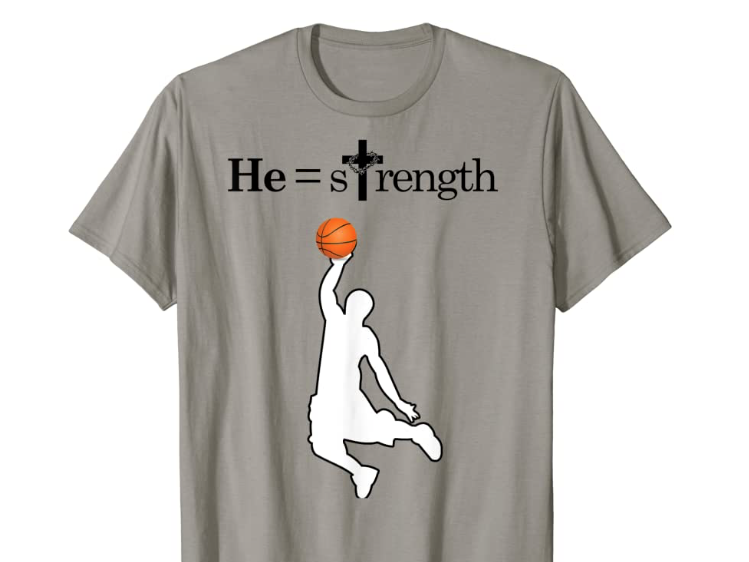What we have here is one of those evergreen feature ideas that surfaces whenever there is a global or national sporting event that inspires religious-level fervor in fans.
Now, it’s March Madness and hoops believers — especially sort-of Methodists — will need to interpret the theological implications of Duke University (think Methodist House of Studies at the divinity school) smashing Oral Roberts University 74-51 in the first round in a tournament game that some folks though might have upset potential. Oh, the late faith healer and televangelist Oral Roberts was also (#HONEST) a United Methodist minister.
So, did God ignore the prayers of evangelical-Pentecostal hoops fanatics and favor those of the theologically hip, fluid, progressive believers at Duke? Does this score mean that God (pronouns are controversial) was pro-Duke?
With that in mind, here is a breezy pre-game think piece on this topic that ran at Religion News Service. It was written by two self-avowed Duke dudes, veteran religion-beat pro Mark Pinsky (frequently plugged here at GetReligion) and media consultant Rusty Wright. Here’s the double-decker headline:
Divine dilemma: Who gets God’s nod in March Madness?
If two Christian schools’ fans pray for victory, which one gets God’s favor?
Yes, there are passages that make this an interesting read — even after a Duke throwdown.
North Carolinians are no less known for their near-religious team spirit and their religious belief. The wisdom tradition of the late Dean Smith, the University of North Carolina-Chapel Hill’s famed basketball coach and a courageous Baptist layman, includes the well-worn koan, “If God is not a Tar Heel, why did he make the sky Carolina blue?”
So the question naturally occurs: If both teams in the Christian tradition pray for victory, which one gets God’s favor?
Now, prepare for some serious name-dropping
(Duke’s young coach, Jon Scheyer, is Jewish, but the concept of swaying God’s favor through prayer doesn’t appear to be as deep in the Jewish faith: “Nothing drives me more crazy than when I hear an athlete thanking God for a three-pointer, a twenty foot putt, or a touchdown,” wrote Rabbi Daniel S. Brenner, on the website Spirit and Story.)
The question is lighthearted, but underlying it is a more serious one: Besides the idea that God could or would influence the result, what is the appropriate thing to pray for in sports? And how does this kind of prayer translate into other areas of our lives?
We turned, naturally, to Rusty’s sister, the Rev. Deborah L. Wright, Duke ’74.
“As a Presbyterian minister and an avid Duke alum and March Madness fan, I never pray for victory,” she said. “I scream at my TV for it, mind you, but rather I pray for fairness, for mutual respect, for the officials to have ‘the eyes to see,’ and for the Duke players to recognize the source of their strength. I also pray that our game times don’t conflict with any of my Sunday duties — that’s too big a temptation to call in a sick day!”
The Rev. Will Willimon, former dean of the Duke Chapel, former Methodist bishop of North Alabama and a current Duke faculty member, shares the idea that God is agnostic, so to speak, when it comes to sporting contests, writing in an email, “Though I’m deeply, deeply committed to winning basketball, I have no evidence that God is.”
“Jesus said not to hide our light under a basket,” Willimon continued, “when I wish he had said to make as many baskets as possible in the first half of the game. I don’t dare bother the Lord with prayers for a Duke win, though Duke is a better school and team. Sitting here in my office in the middle of Duke’s gothic campus I’m tempted to pray, ‘Dear Lord, bless both teams but please bless the Blue Devils with just a few points more than you bless ORU.”
And on the other side, there is an insider who grew up in Duke territory, but now is a dean at ORU’s College of Arts & Cultural Studies. Yes, arts AND culture can be found in Oklahoma.
[Norm Mintle] also sees praying for victory as a vain effort. “I often smile,” he said, “when I see fans of religious schools praying for victory and ask myself, ‘Do you think your prayers carry more weight with the Almighty than your opponents’ prayers?’ Poor God. How is he to choose?
“A better prayer might include asking help with safety, a gracious spirit toward the opponent, or that each player do his best. But I do love the old saying, ‘Pray like everything depends on God. Act like everything depends on you.'”
The question also helps us look at other historical theological controversies. “God doesn’t pick favorites in sporting events,” said Mintle. “But he certainly knows the outcome before tipoff. Does that mean he preordained the outcome? That’s a great Calvinism v. Armenianism debate topic.”
That’s enough for now.
Here is my question: Is the “pray for a good game, solid efforts and no injuries” theme now the official theological wisdom of the Judeo-Christian world? (I once heard precisely that language from the late, great Dallas Cowboys czar Tom Landry.)
Has anyone heard a different response? Care to share a URL or two?
MAIN IMAGE: Christian basketball t-shirt for sale at Amazon.com


